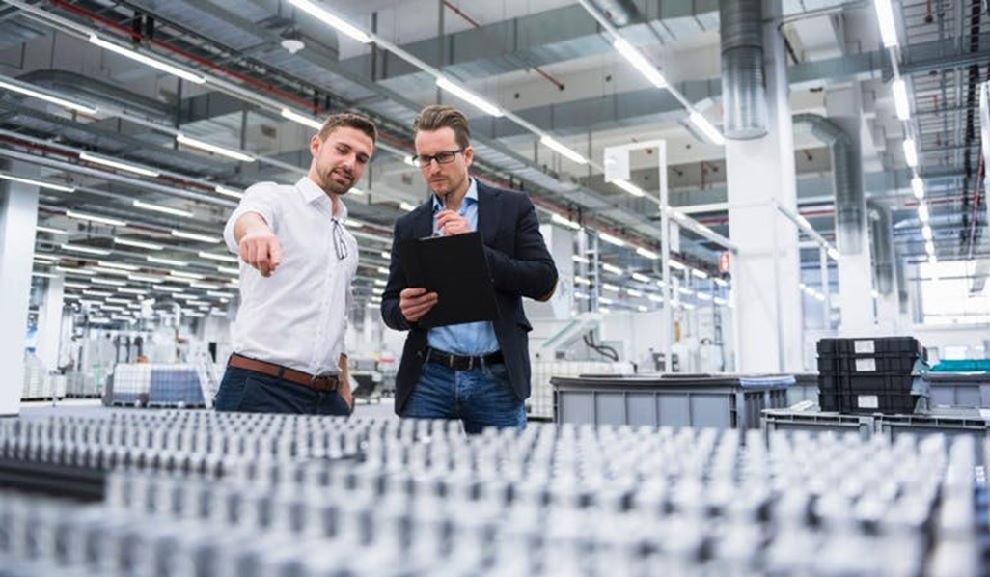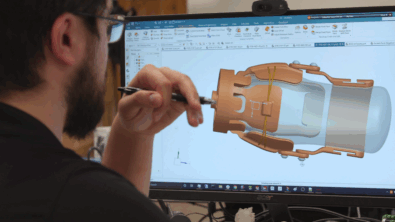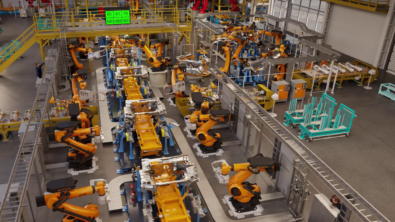The industrial machinery journey towards sustainability begins

Sustainability continues to be a hot topic as it impacts almost every industry, especially industrial machinery.
In the coming days and weeks, we will begin a series of podcasts that will involve several experts in their industry to discuss how sustainability positively affects how companies and factories operate. It’s not merely an issue of cleaner air, water, and fuel for the environment, but also finding ways to run a factory or business better for notable results to the bottom line. Whether it pertains to the fuel type in operating aircraft, automobiles or ships, everything is impacted, especially in industrial machinery, where carbon emission is at its peak.
So, knowing what to implement in a factory to optimize the process and the machines is of primary importance. A business can no longer rely on conventional ways of running a factory or company and expect to stay competitive in a highly dynamic marketplace where industry standards constantly change while using digitalization and a digital twin to refine products and processes. Also, federal regulations hold corporations accountable for higher efficiency levels for carbon emission standards. Therefore, a company needs an expert to help guide them through everything they can do to optimize their performance through digitalization for today and tomorrow.
Companies might be making net zero commitments, but they must learn how to obtain them. So, as you look towards the next five to ten years, companies want to know how they meet their objectives and are putting the money behind them. This especially holds for Europe, where governmental agencies drive legislation to classify products as relevant to sustainability. Our times are changing, whether for good or bad, and companies must keep up with standards and regulations if they expect to compete.
Several trends are driving the sustainability shift, including the companies’ net zero commitments, capital funds, a circular economy, and customer demand.
Let’s talk about the last one: customer demand. Customers focus on the scope or upstream emissions from their suppliers and downstream from the user space. This process means contracts might not be given to suppliers who are not working to reduce environmental impacts.
Many companies have begun their digital transformation journey, with sustainability being their roadmap for progress. Businesses use digital models to optimize time, quality, and cost to increase their adaptability and flexibility. Therefore, digital transformation is making gains toward sustainable outcomes.
Sustainability is increasingly a central part of many companies strategies for the future.
Be on the lookout for more blogs and podcasts on this topic, discussing the impact of sustainability on several industries.
Siemens Digital Industries Software helps organizations of all sizes digitally transform using software, hardware and services from the Siemens Xcelerator business platform. Siemens’ software and the comprehensive digital twin enable companies to optimize their design, engineering and manufacturing processes to turn today’s ideas into the sustainable products of the future. From chips to entire systems, from product to process, across all industries. Siemens Digital Industries Software – Accelerating transformation.


